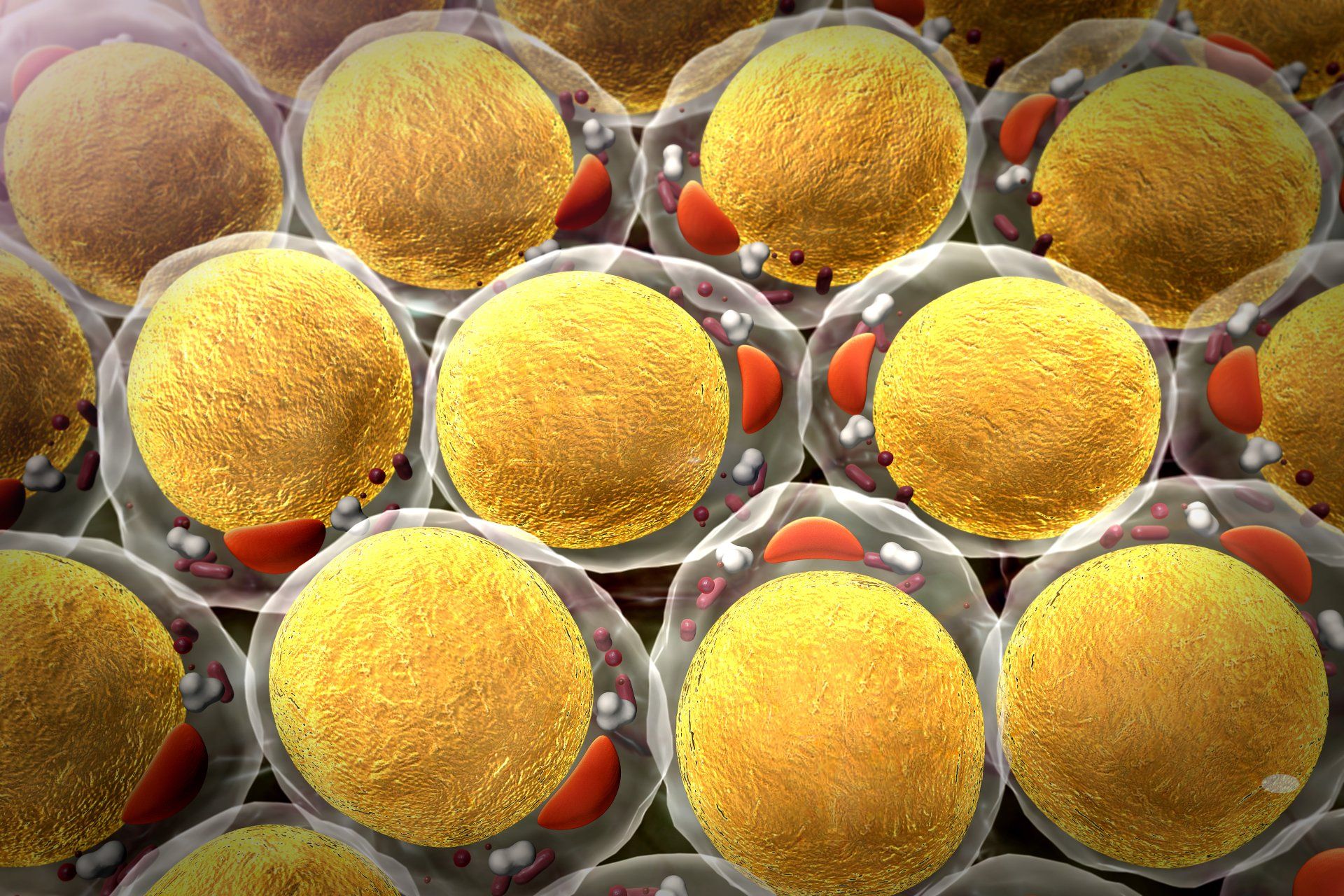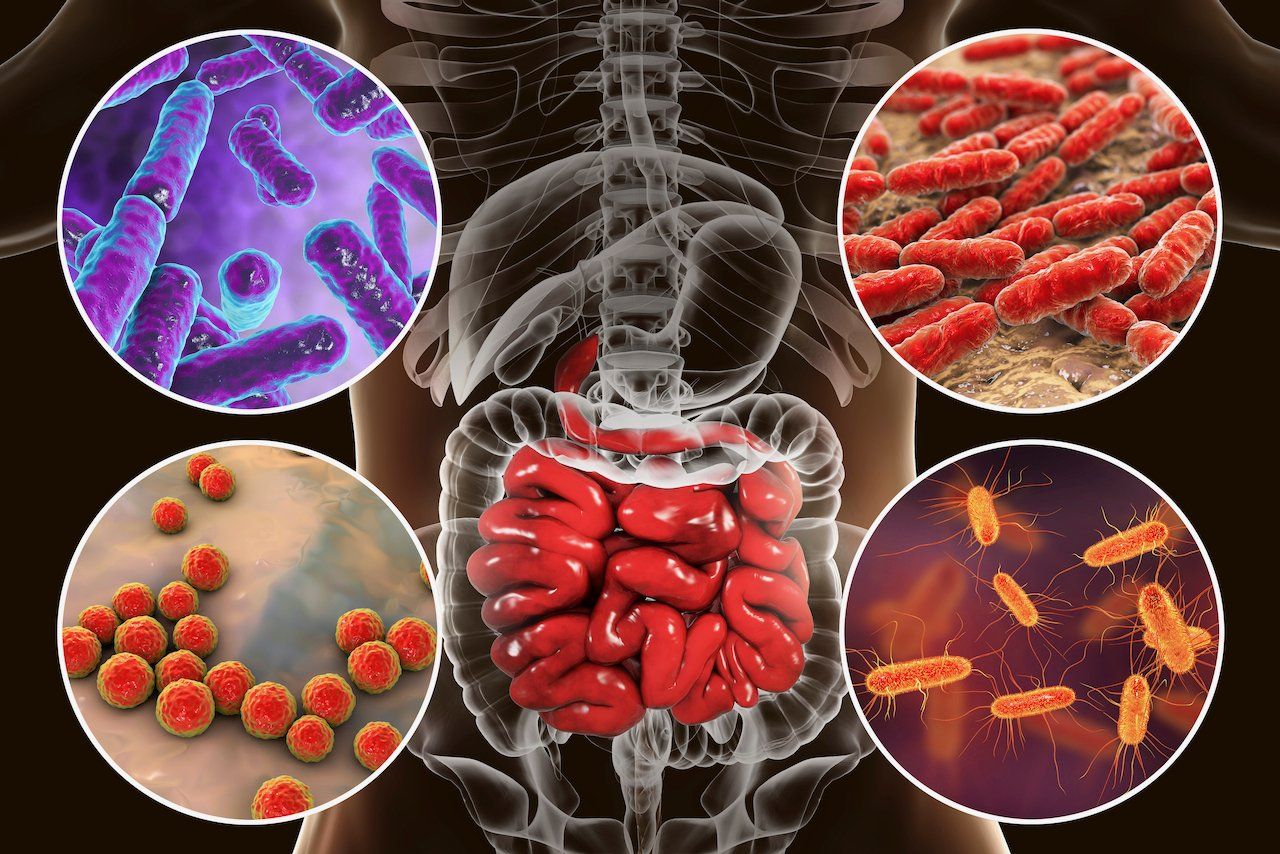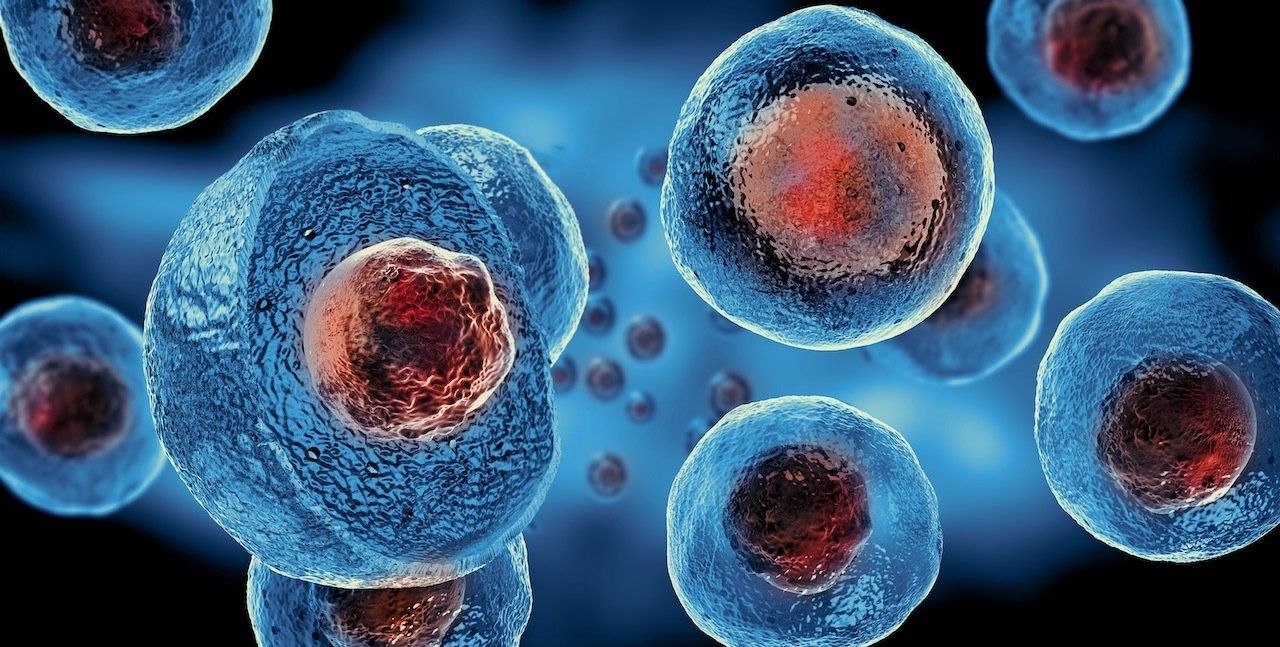Reframing the Autoimmune Process with Functional Medicine and Genomics
Have you ever wondered why, despite our best efforts to eat healthily and take care of ourselves, some people still develop autoimmune conditions? Or why two people with the same diagnosis can have vastly different symptoms? The answer lies in the unique way that each of us experiences the autoimmune process. With the help of Functional Medicine and Genomics, we can now begin to reframe the autoimmune process in a more individualized way. In this blog post, we will explore how Functional Medicine and Genomics can help us understand and treat our unique autoimmune conditions.
Autoimmune conditions are on the rise. It is estimated that autoimmune diseases affect over 50 million Americans. That’s one in every six people! And while the exact cause of autoimmune conditions is still unknown, we do know that they are complex and often involve a combination of environmental and genetic factors.
What is an autoimmune condition? Simply put, it is a condition in which your immune system mistakenly attacks your healthy tissues. This can happen for a variety of reasons, but most often it is because the body cannot distinguish between foreign invaders (like bacteria or viruses) and healthy cells. When this happens, the immune system produces antibodies that attack and destroy the healthy tissue.
Autoimmune conditions can affect any part of the body, and they often result in a wide range of symptoms. Celiac disease, rheumatoid arthritis, type 1 diabetes, lupus, thyroid disease, and Crohn's disease are just a few examples of autoimmune diseases. Both the gut and the genome have distinct immunological reactions that are unique to each individual, resulting in over a hundred different types of autoimmune diseases.
Functional Medicine
So how can Functional Medicine and Genomics help us reframe the autoimmune process? Functional Medicine is an approach to healthcare that focuses on finding the root cause of disease. Rather than simply treating symptoms, Functional Medicine practitioners look for underlying imbalances that may be contributing to illness. Gut health microbiota, for example, has been linked to autoimmune diseases. When the gut is out of balance, the immune system can go into overdrive trying to protect the body against perceived threats. This can lead to chronic inflammation and an increased risk of autoimmune disease.
Genomics
The human genome is the complete set of genetic instructions for a person. It is the blueprint for living. In recent years, advances in DNA sequencing technology have made it possible to map an individual's entire genome. This has given rise to the field of Genomic Medicine, which is using this information to develop more personalized approaches to healthcare.
In the case of autoimmune conditions, Genomic Medicine can help us understand why some people are more susceptible to these diseases than others. For example, HLA, IL23R, TNFAIP3, and IL2RA genes have been connected to an increased risk of autoimmune illnesses. We can take preventative measures against autoimmune diseases by learning about our genetic make-up and implementing preventative strategies. We can also study how our genes interact with our environment to influence the development of autoimmune conditions. Learning about someone's DNA allows us to develop more tailored and efficient therapies for these problems. Knowing your genomic vulnerabilities allows you to take a proactive approach toward greater health.
Conclusion
Functional Medicine and Genomics are powerful tools that can help us understand our own unique experiences of the autoimmune process. By reframing the way we think about autoimmune conditions, we can begin to find more effective ways to treat and prevent them. This holistic approach often involves looking at the body as a whole system, rather than isolated parts.
If you want to learn more about how Functional Medicine and Genomics may assist you on your health and wellness journey, talk with a Functional Medicine Provider that specializes in Genomics.
If you'd like to learn more about autoimmune diseases, gut health, and Genomics, I've just released a book entitled "Understanding Genomics:
How Nutrition, Supplements, and Lifestyle Can Help You Unlock Your Genetic Superpowers."
This book is a must-read if you want to learn how to control your genetic destiny!
Order a copy today!
Until then, stay healthy and happy!
Dr. Marios Michael
Resources:
- Dr. Marios Michael, DC, CNS, cFMP, 06/2022, Understanding Genomics; How Nutrition, Supplements, and Lifestyle Can Help You Unlock Your Genetic Superpowers, 1st edition, Austin, Bookbaby.
- Mazzone, R., Zwergel, C., Artico, M. et al. The emerging role of epigenetics in human autoimmune disorders. Clin Epigenet 11, 34 (2019). https://doi.org/10.1186/s13148-019-0632-2
- Surace Anna Elisa Andrea, Hedrich Christian M. Role of Epigenetics in Autoimmune/Inflammatory Disease.Frontiers in Immunology. Vol. 10, 2019 DOI=10.3389/fimmu.2019.01525
- Xu H, Liu M, Cao J, Li X, Fan D, Xia Y, Lu X, Li J, Ju D, Zhao H. The Dynamic Interplay between the Gut Microbiota and Autoimmune Diseases. J Immunol Res. 2019 Oct 27;2019:7546047. doi: 10.1155/2019/7546047. PMID: 31772949; PMCID: PMC6854958.
- Fasano A. Leaky gut and autoimmune diseases. Clin Rev Allergy Immunol. 2012;42(1):71-78. doi:10.1007/s12016-011-8291-x.
- Yamamoto K, Okada Y. Shared genetic factors and their causality in autoimmune diseases. Ann Rheum Dis. 2019;78(11):1449-1451. doi:1136/annrheumdis-2019-215099
Medical Disclaimer: The information included on this blog is for educational purposes only. It is not intended nor implied to be a substitute for professional medical advice. The reader should always consult his or her healthcare provider to determine the appropriateness of the information for their own situation or if they have any questions regarding a medical condition or treatment plan. Never disregard professional medical advice or delay in seeking it because of something you have read on this blog! Reading the information on this blog does not create a physician-patient relationship.
These statements have not been evaluated by the Food and Drug Administration. This product is not intended to diagnose, treat, cure, or prevent any disease.
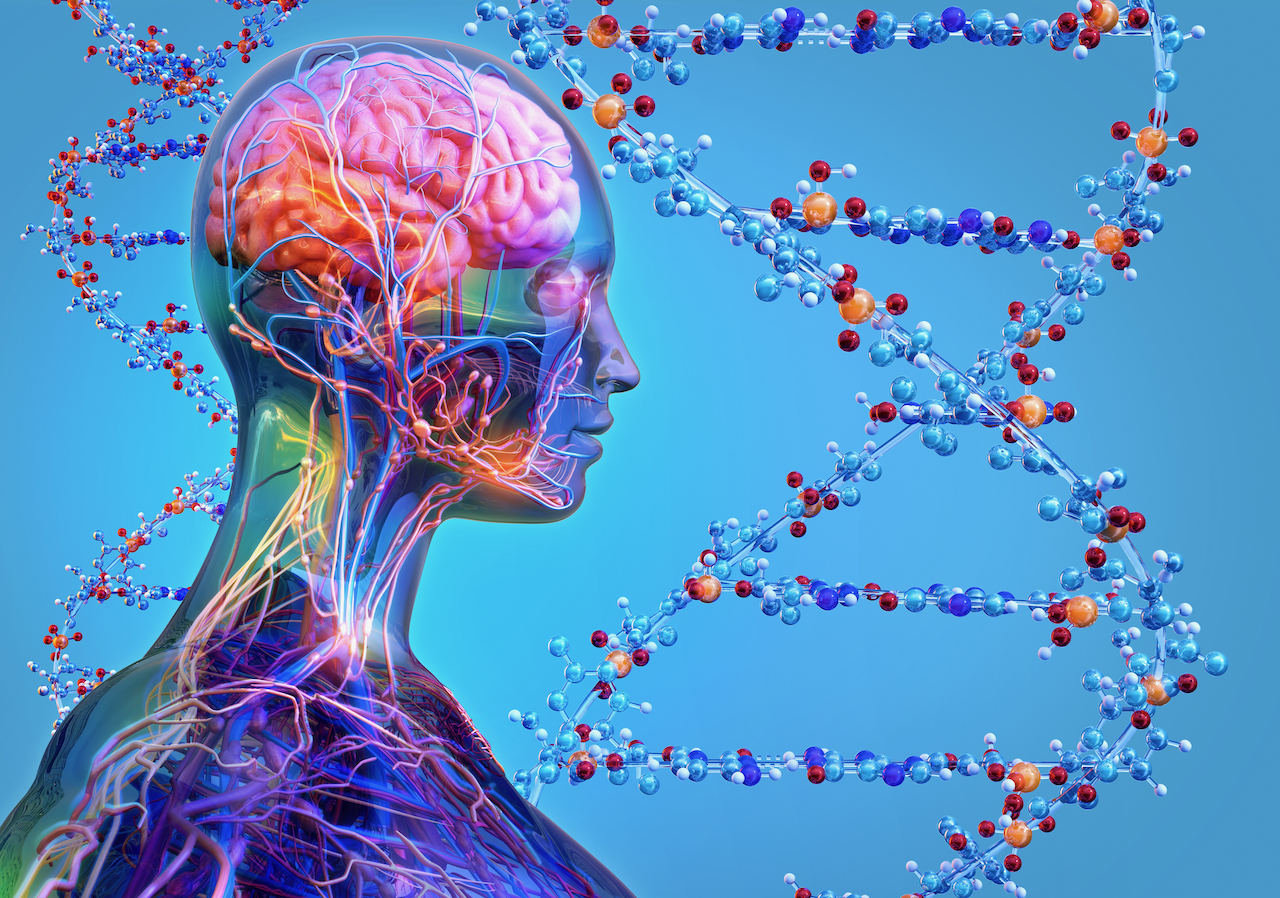
Telehealth Consult
HIPAA-compliant
Contact Us
We will get back to you as soon as possible.
Please try again later.
Austin
(512) 450- 2952
2499 South Capital of Texas HWY
Building B Suite 202
Austin, TX 78746
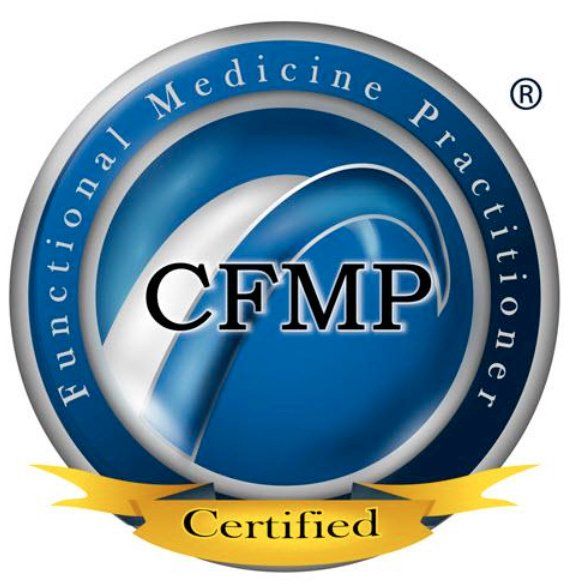
Los Angeles
(626) 440 -7406
424 N. Lake Ave. Suite 102
Pasadena, CA 91101


